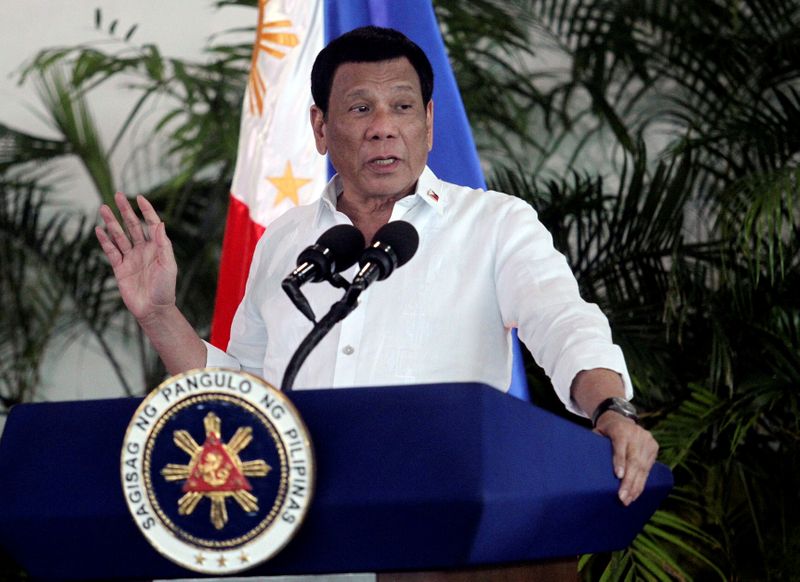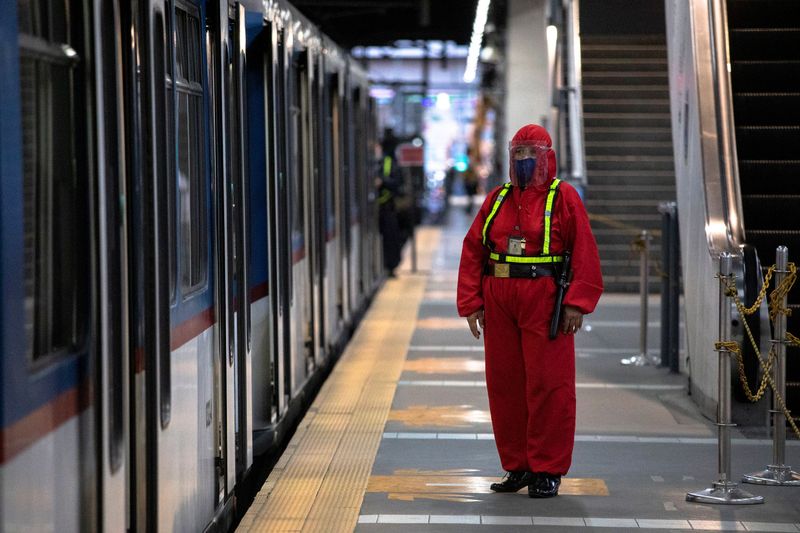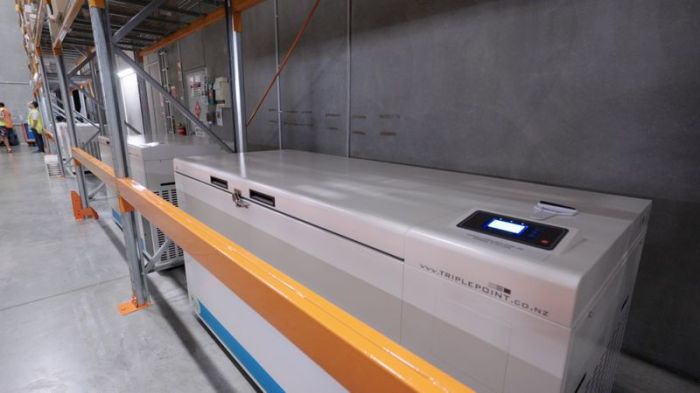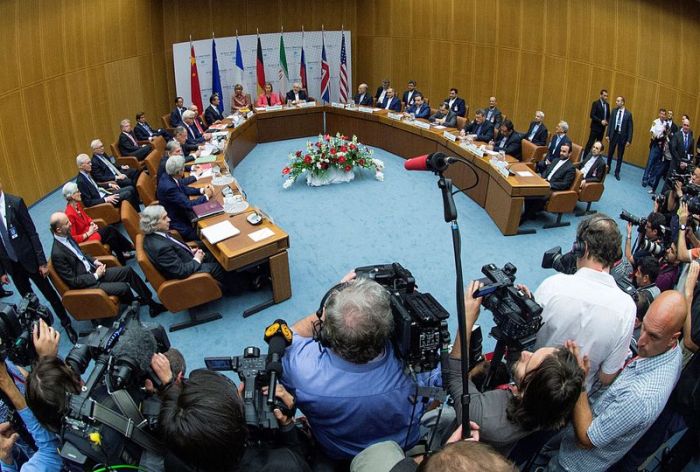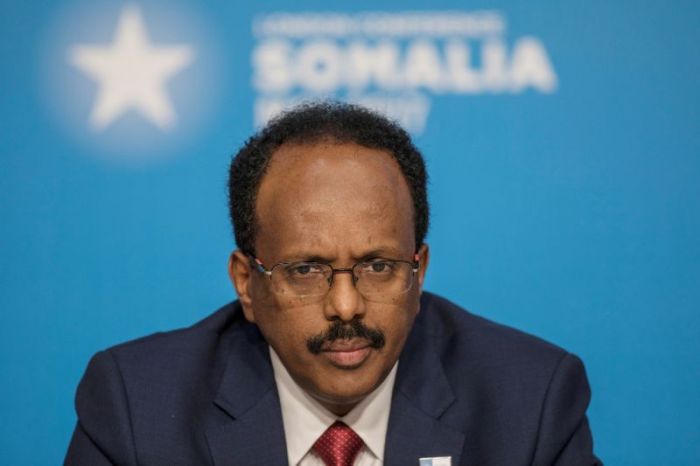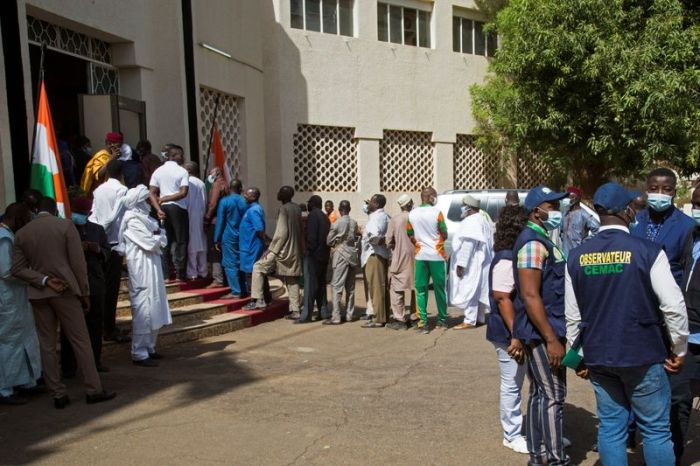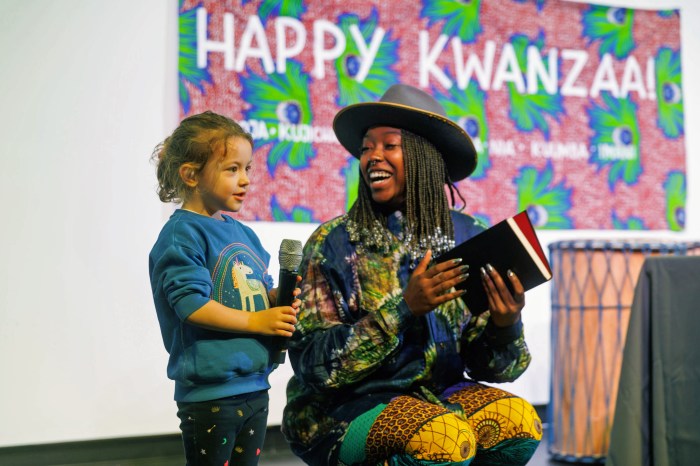MANILA (Reuters) – Philippine President Rodrigo Duterte will maintain the current level of coronavirus restrictions in the capital Manila until mass vaccinations start, his spokesman said on Monday, despite calls to ease curbs and revive the country’s ailing economy.
The Philippines, among the fastest growing economies in Asia before the pandemic, saw its gross domestic product slump by a record 9.5% in 2020, as one of the world’s longest and strictest COVID-19 lockdowns shuttered thousands of businesses and left millions out of work.
“The chief executive recognises the importance of reopening the economy and its impact on people’s livelihoods. However, the president gives higher premium to public health and safety,” spokesman Harry Roque said in a statement.
The restrictions in Manila, the epicentre of the Philippine epidemic, were set to end this month but will be extended until the mass vaccination drive is underway.
Roque said earlier on Monday that would kick off with 600,000 doses of Sinovac Biotech vaccines donated by China, which should arrive later this month.
The Philippines has been talking to seven vaccine makers to try to ensure sufficient supplies for more than two-thirds of its 108 million population.
Its Food and Drug Administration (FDA) on Monday granted emergency use authorisation for the Sinovac vaccine, CoronaVac.
The capital region, an urban sprawl of 16 cities accounting for 40% of the country’s economic output, has been under partial curbs since August, limiting the operating capacity of businesses and public transport.
Face-to-face school and university classes are also prohibited.
With more than 563,000 cases and nearly 12,100 deaths, the Philippines has the second highest COVID-19 infections and casualties in Southeast Asia, next to Indonesia.
(Reporting by Neil Jerome Morales and Karen Lema; Editing by Martin Petty)

